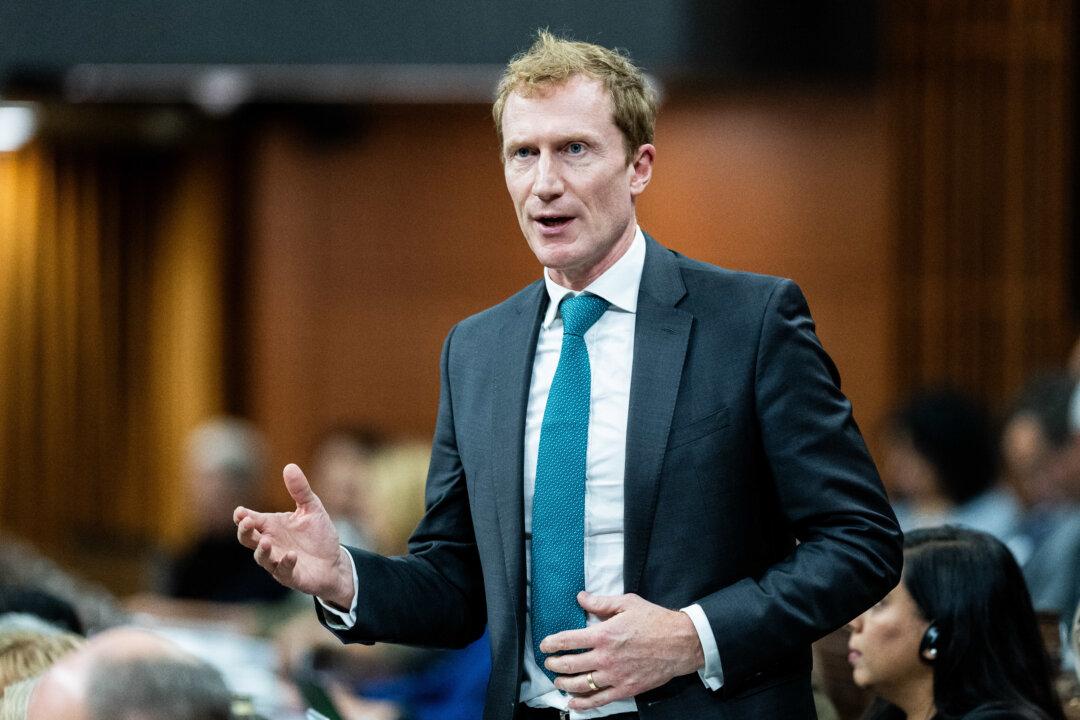Immigration Minister Marc Miller says the Canadian government will work with the incoming Trump administration as it implements measures to combat illegal immigration, and that he wants anyone coming to Canada to do so legally in a “regular pathway.”
“We will always be acting in the national interest and those measures that we move to undertake, regardless of what decision is taken by the new administration, to make sure that our borders are secure, that people that are coming to Canada do so in a regular pathway, and the reality that not everyone is welcome here,” Miller said during a recent interview with The Globe and Mail.





